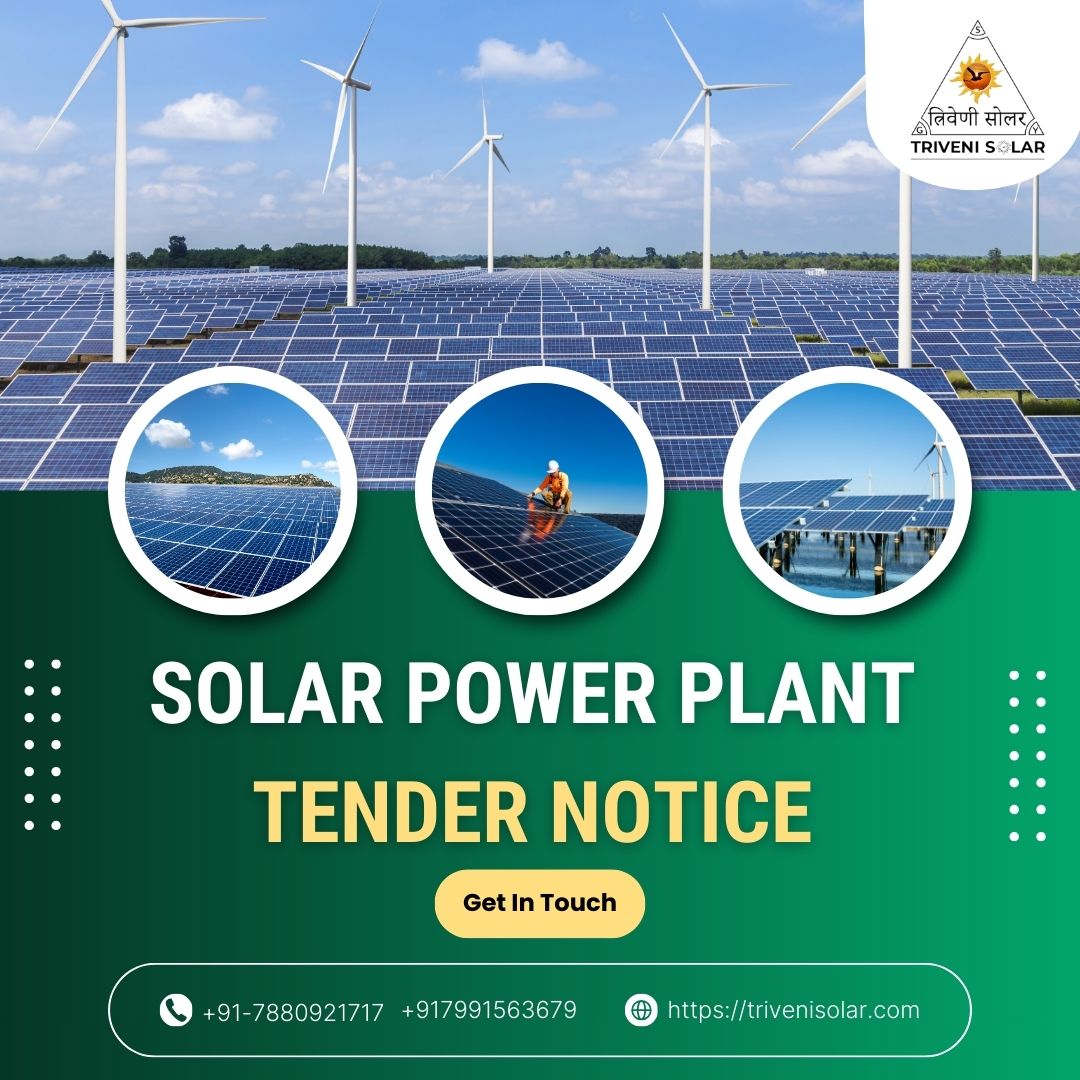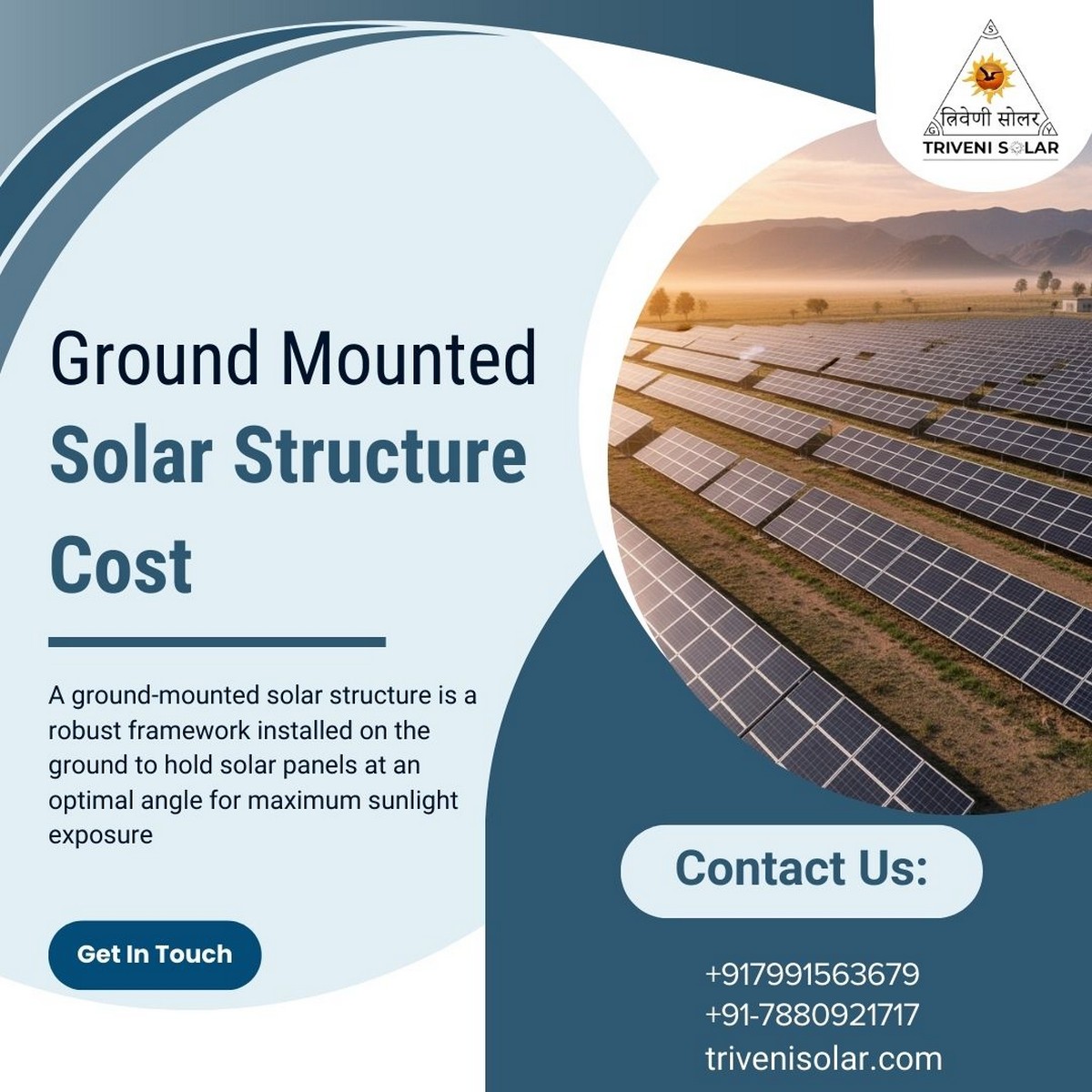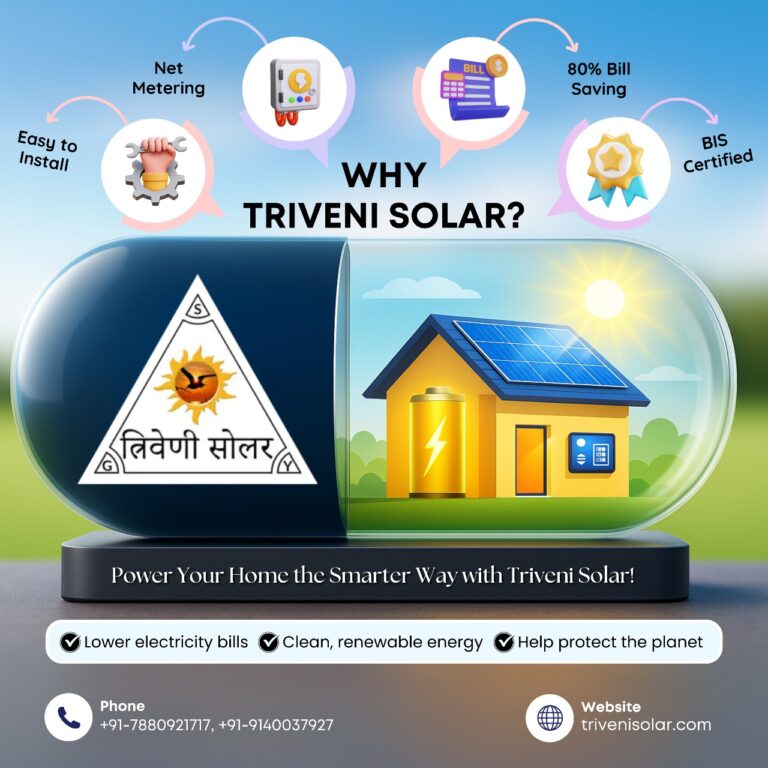Ground Mounted solar systems generally cost more than rooftop installations due to land and structural requirements. They offer higher efficiency and scalability. Rooftop solar is cheaper, easier to install, and ideal for limited spaces. ROI varies depending on system type, location, and incentives.
Table of Contents
- Introduction
- Understanding Solar Mounting Systems
- Cost Comparison: Ground-Mounted vs. Rooftop Solar
- Government Incentives and Subsidies
- Return on Investment (ROI) and Payback Period
- Maintenance and Longevity
- Case Studies and Real-World Examples
- Conclusion
- FAQs
Ground Mounted Introduction
India is witnessing a rapid shift toward renewable energy, with solar power at the forefront. Both residential and commercial property owners are exploring solar installations to save on electricity bills, reduce carbon footprint, and benefit from government incentives. A crucial factor in deciding which solar system to install is the cost—specifically, comparing ground-mounted solar structure cost with rooftop solar options.
In this article, we’ll explore everything you need to know about ground-mounted and rooftop solar systems, their costs, ROI, maintenance, and the best choice for your property.
Understanding Solar Mounting Systems
What is a Ground Mounted Solar System?
Ground-mounted solar systems are installed on open land using sturdy frames that hold the solar panels. These systems are ideal for areas with enough space, allowing for better alignment to sunlight and higher efficiency.
- Components include panels, mounting structures, inverters, and wiring.
- Advantages: Easy maintenance, scalable for larger installations, optimal sun exposure.
- Best suited for farms, factories, or large open spaces.
What is a Rooftop Solar System?
Rooftop solar panels are installed on building roofs. They utilize existing space, making them suitable for urban homes or commercial buildings with limited land.
- Components include panels, rooftop mounting kits, inverters, and electrical connections.
- Advantages: Lower installation cost, no land requirement, simple installation.
- Best suited for residential and small commercial buildings.
Cost Comparison: Ground Mounted vs. Rooftop Solar
Ground Mounted Solar Structure Cost
The cost of ground-mounted solar systems in India typically ranges between ₹45,000 to ₹70,000 per kW. This includes:
- Land preparation and structural foundations
- Solar panels and inverters
- Labor and installation charges
- Additional permits and wiring
While the upfront cost is higher, ground-mounted systems often yield better performance and can be expanded easily for future energy needs.
Ground Mounted Rooftop Solar Structure Cost
Rooftop solar systems are generally cheaper, ranging from ₹35,000 to ₹55,000 per kW. Costs may vary depending on roof type, reinforcement requirements, and panel quality. They are ideal for urban properties with limited land space and lower installation complexity.
Comparative Cost Table
| System Type | Cost per kW | Installation Complexity | Land Required | ROI Potential |
|---|---|---|---|---|
| Ground-Mounted | ₹45,000–70,000 | High | Large area | High |
| Rooftop | ₹35,000–55,000 | Moderate | None | Medium |
Government Incentives and Subsidies
The Indian government encourages solar adoption through MNRE subsidies and state-specific schemes:
- Residential rooftop solar: up to 40% subsidy in some states.
- Commercial and industrial ground-mounted systems: varying subsidies and accelerated depreciation benefits.
- Net metering policies allow selling surplus electricity back to the grid.
These incentives significantly reduce upfront costs and improve ROI for both system types.
Return on Investment (ROI) and Payback Period
Calculating ROI
ROI depends on system size, electricity savings, and local energy rates. For example, a 5 kW rooftop system in India can save around ₹7,000–₹10,000 per month, generating significant savings over time.
Payback Period
- Ground-mounted: typically 5–7 years
- Rooftop: typically 4–6 years
Proper planning and subsidy utilization can shorten payback periods and maximize long-term financial benefits.


Ground Mounted Maintenance and Longevity
Both systems require minimal maintenance but with some differences:
- Ground-mounted: Easier access for cleaning, may require protection from animals or debris.
- Rooftop: Panels must be accessed on roofs, sometimes needing professional cleaning.
- Expected lifespan: Solar panels 20–25 years, inverters 10–15 years.
Case Studies and Real-World Examples
Example 1: A 5 kW rooftop solar installation in Delhi cost around ₹2.5 lakh after subsidies, providing an ROI of 18% and payback period of 5 years.
Example 2: A 50 kW ground-mounted solar farm in Maharashtra cost ₹32 lakh, covering 1,000 sq.m of land, with projected ROI of 20% and payback of 6 years.
Conclusion
Choosing between ground-mounted and rooftop solar depends on your land availability, budget, and energy goals:
- Rooftop solar: Best for urban homes with limited space and lower initial cost.
- Ground-mounted solar: Best for large plots, farms, or commercial projects seeking higher efficiency and scalability.
For a tailored solar solution and exact cost estimate, contact Triveni Solar today and get a free consultation!
FAQs
Which is cheaper: ground-mounted or rooftop solar?
Rooftop solar systems are generally cheaper due to lower land and structural costs, making them ideal for residential setups.
How much does a ground-mounted solar system cost in India?
Ground-mounted systems typically cost ₹45,000–₹70,000 per kW, depending on land preparation, equipment, and labor.
Are there government subsidies for both system types?
Yes, subsidies exist for rooftop and ground-mounted solar systems. MNRE and state-specific schemes can reduce installation costs significantly.
Which system has higher ROI?
Ground-mounted systems can provide higher ROI due to optimal sun exposure and scalability, but rooftop systems offer faster payback for limited spaces.
How long does installation take for each system?
Rooftop installations usually take 1–2 weeks, while ground-mounted systems may require 3–6 weeks depending on land preparation and project size.




